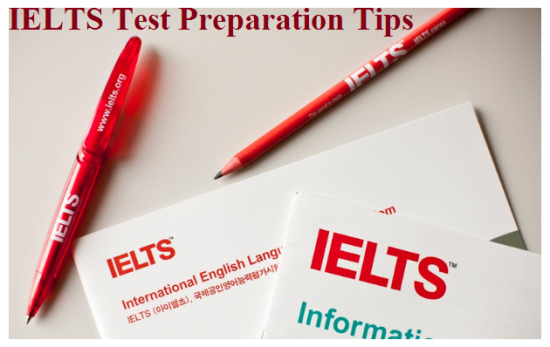As part of their application for study abroad, international students often have to budget additional time for test preparation (IELTS, TOEFL, GRE, etc). International students who are non-native speakers of the English language are usually required to provide proof of their English language abilities before they are granted admission into a US college or university.
About IELTS and How to Pass the Test
IELTS offers a fair, accurate, and dependable measure of language skills, and is relied on by organizations globally as evidence of English proficiency. Since 1989, the International English Language Testing System (IELTS) has been a global standardized English test designed to measure the English language proficiency of people who plan to study or work where the English language is the means of communication.
IELTS is mutually owned by a global alliance of education and language specialists – the British Council, IDP: IELTS Australia, and Cambridge English Language Assessment. Cambridge is in charge of IELTS test development because of their world-renowned language and research proficiency. British Council and IDP are in charge of IELTS test delivery all over the world due to their collective security and examination expertise.
If you’re applying to school at an institution that needs your English language proficiency proof, get more information on if the IELTS is the right test for you.
Details on Taking the IELTS – Test Preparation
What can I expect with the test?
IELTS is a paper-and-pencil test that comprises 4 sections: Reading, Listening, Writing, and Speaking, and comprises a live, face-to-face speaking interview with a qualified and trained examiner. This gives room for a more accurate measure of a speaker’s English proficiency and real-world communication capabilities.
As a test of English language as an “international” language, IELTS makes use of all standard variations of English language — American, British, and Australian, and comprises different question task types (for instance, matching plan/map/diagram labeling, short-answer, multiple-choice, etc.). This is to make sure the test is relevant and impartial to test takers irrespective of cultural background or where they learned English.
What institutions accept IELTS?
Over 9,000 establishments in 140 nations all over the world accept IELTS. Last year, more than 2.9 million IELTS tests were sat for, making it the world’s most widespread high-stakes English language proficiency test for work, study, and migration intents.
Which IELTS test should I take?
There are two IELTS tests to select from — General Training and Academic. IELTS Academic is taken for higher education and professional qualifications. IELTS General Training is taken for work or migration intents. The Listening and Speaking segments of IELTS are the same for both General Training and Academic, however, test takers write different Reading and Writing segments, contingent on the test they select.
The Academic Reading comprises real texts from journals, books, newspapers, etc., while the General Training Reading comprises real texts from official documents, company handbooks, newspapers, books, etc. The variances between the Academic Writing and General Training Writing are in the nature, content, and background parameters of the tasks.
Is it difficult to prepare for the IELTS exam?
IELTS is a comprehensive language test that measures a range of language abilities. You need to have a general level of English to complete it, but preparing for the test requires investing a lot of your time. Be sure to review all of the extensive free resources available. The more you prepare, the easier it is to demonstrate your English language skills.
How to Prepare and Pass IELTS test.
The best way to prepare for the IELTS test is to use your English skills every day using every opportunity you can to speak English. Speak to your friends in English, write notes in English, read English textbooks, listen to the radio or TV in English, and read in English. Avoid waiting until the day or the week before the test and start practicing now. Doing some of these practical preparation for IELTS is a great way to prepare. The highest IELTS score is 9 and the lowest is 1, each score is a reflection of different levels of English users. There is a 0 score as well (“did not attempt”).

